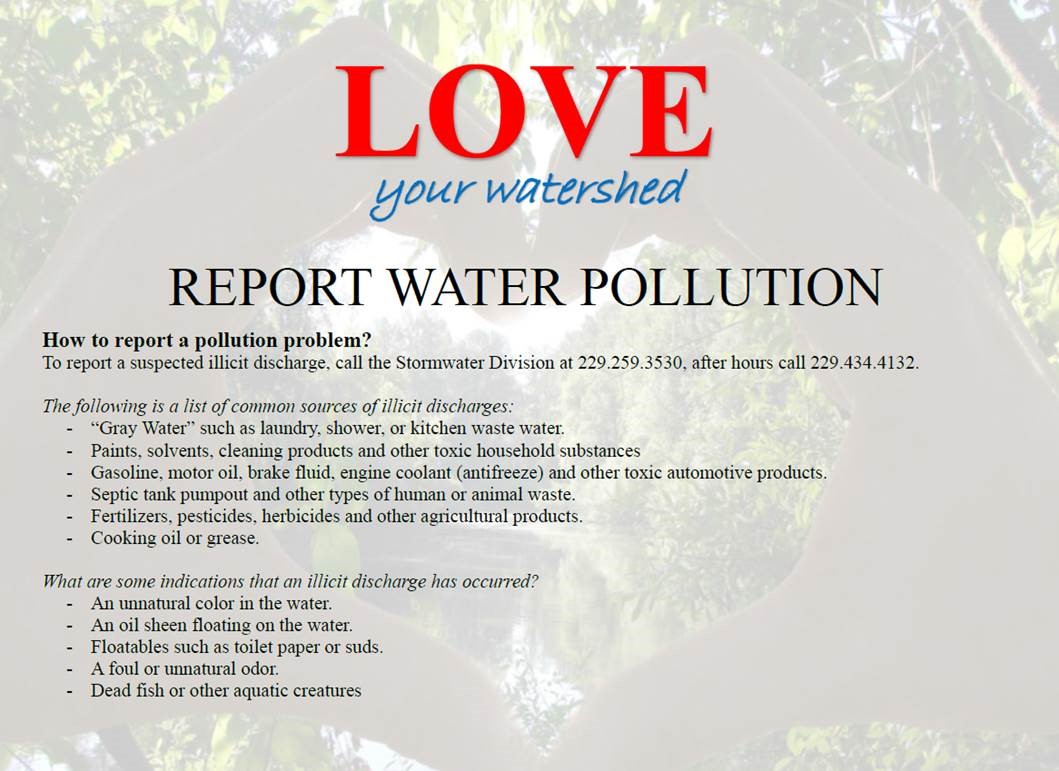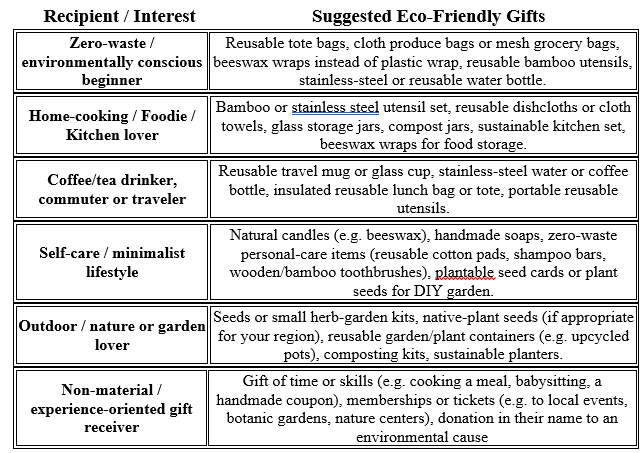Stormwater Tips 2025
August 2025

March 2025

October 2025
Halloween will be here before you can say, “Boo!”
As you prepare for that spooky, kooky holiday, take a few minutes to include these environmentally friendly tricks and treats in your fall fun:
Ban That Bag!
When your little superheroes and princesses go trick-or-treating, skip the plastic and grab a reusable bag instead! Canvas totes or pillowcases are sturdy, fun, and eco-friendly.
Don’t Be a Trash Monster!
Remind your little ghouls and goblins to toss candy wrappers in the trash —not the street — to keep our stormwater clean and our waterways boo-tiful!
Recycle Costumes!
Costumes don’t have to disappear after one night of fright. Donate or swap them with friends — or stuff them into a garden scarecrow!
Get Involved!
- November 8: Fall Electronic Recycling Day
- November 14: Rivers Alive Cleanup
- TBD: Great American Cleanup
For more information or to volunteer, call Angela Bray at 229.259.3530.
Remember — only rain goes down the storm drain!

November 2025
Don’t Let Fats, Oils, and Grease (FOG) Ruin Your Holiday Cheer!
The holidays are a time for family, food, and celebration — but once the meal is over, what happens to all that leftover cooking grease? Many holiday favorites contain fats, oils, and grease (FOG) that can clog pipes and cause costly backups if disposed of improperly. FOG that enters the sanitary sewer and/or storm drain system can also harm our environment and local waterways.
Here are a few tips to help you safely dispose of FOG:
• Never pour fat, oil, or grease down the drain.
• Allow oils and grease to cool completely, then scrape or wipe solidified fats into the trash.
• Decide whether cooking oil can be reused or recycled — oil used for deep-frying can often be reused several times.
• To discard used oil, pour it into a sturdy, sealable container and place it in the trash.
To learn more about the City of Valdosta’s FOG Program, please visit our website — and remember: only rain down the storm drain!
December 2025
Deck the Halls, Not the Streams
We’ve all seen litter floating in our streams or hanging from branches like ornaments on a Christmas tree. While the holidays may be the “most wonderful time of the year,” they can also be the most wasteful. Holiday shopping, gift-giving, and festive gatherings often generate an abundance of waste. Here are some tips to help keep our city and streams clean:
- Recycle leftover wrapping paper – avoid foil or tissue paper, which are not recyclable.
- Decorate eco-tastically – use natural materials to save money and reduce waste.
- Bring reusable bags when shopping or skip the bag altogether.
- Give greener gifts – choose eco-friendly presents whenever possible.

Remember: only rain goes down the storm drain! For more information, contact the Stormwater Division at (229) 259–3530.